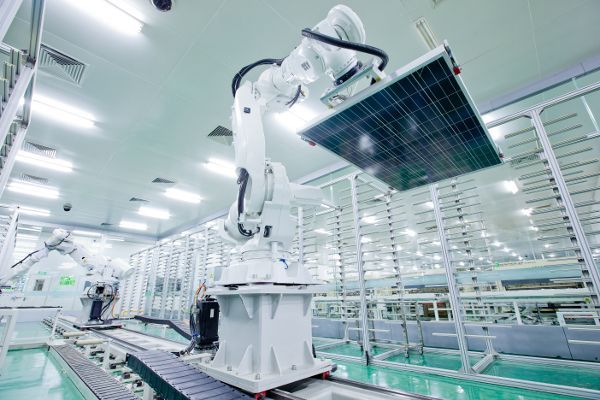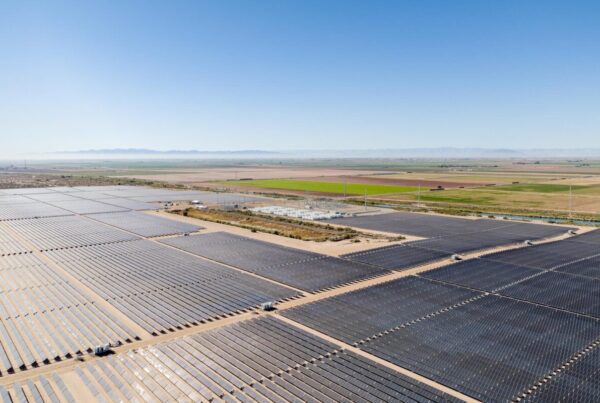
JinkoSolar has signed a major polysilicon supply contract worth more than RMB103.3 billion (US$14.9 billion), just weeks after it signed a contract worth RMB102.1 billion (US$14.7 billion) with Xinte Energy as the company looks to lock in long-term polysilicon supply.
On 10 September, JinkoSolar announced it had signed a major procurement contract with Tongwei for roughly 382,800MT of polysilicon products from the company’s subsidiaries.
Based on the average transaction price of RMB305,100/MT (US$44,010/MT) – inclusive of taxes – of Chinese mono dense poly material published by the country’s Silicon Industry Branch of China Non-Ferrous Metal Industry Association, the total contract amount is estimated to be about RMB103.3 billion (calculation excludes tax and does not constitute a price commitment). The actual purchase price shall be negotiated monthly and the total trading volume shall be subject to the final transaction.
According to the announcement, the above contract is a long-term purchase contract, running from this month until 31 December 2026. The existing Polysilicon Purchase and Sales Framework Agreement from 2020 to 2023 between JinkoSolar, its subsidiary Sichuan JinkoSolar and Tongwei will be automatically terminated when the contract comes into effect.
JinkoSolar said the contract was signed with a subsidiary of Tongwei, its key polysilicon material supplier, with which it has established a good long-term strategic partnership.
Just two weeks ago, on 26 August, JinkoSolar announced another major polysilicon purchase. From 2023 to 2030, JinkoSolar and its subsidiaries will purchase 336,000MT of native polysilicon from Xinte Energy, with an estimated value of RMB102.1 billion.
As a result, JinkoSolar has spent more than RMB200 billion locking up polysilicon material in less than a month. As mentioned in its H1 2022 report, the company’s profit is greatly affected by price fluctuations of silicon and other raw materials. If the price of upstream raw materials fluctuates sharply and the company fails to effectively manage its inventory, the company’s inventory price may drop or production cost may fluctuate, dampening the company’s profits.
Silicon prices have hit a decade high this year. The Silicon Industry Branch of China Non-Ferrous Metal Industry Association said in a notice on 8 September that it decided to suspend the publication of polysilicon prices from this week to avoid over-interpretation and misunderstanding.
Before the pause was announced, polysilicon prices had risen for 29 straight weeks this year without a sign of correction, hitting a 10-year high.





